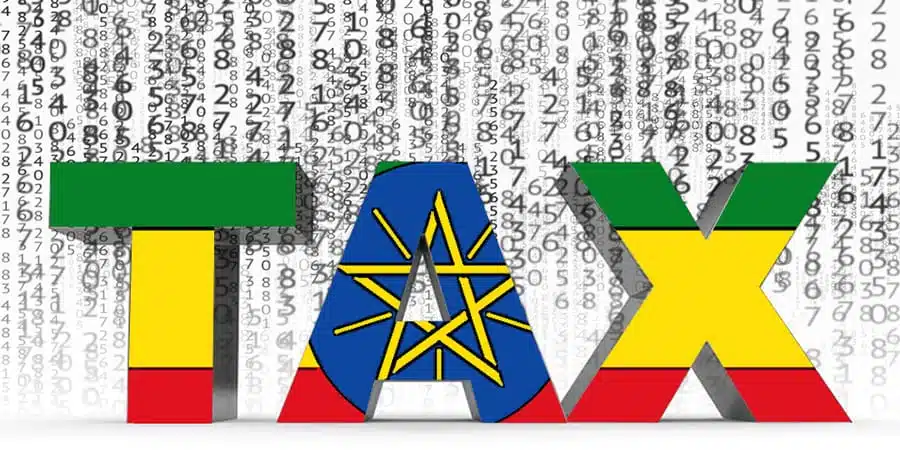Ethiopia’s federal government has introduced draft legislation to raise income tax thresholds in a bid to ease pressure on formal sector workers grappling with stagnant wages and high inflationary pressures.
The bill, tabled in parliament last week, proposes increasing the threshold for the top income tax rate of 35% from 10,900 birr ($82) to 14,000 birr ($106) per month, according to a statement.
It also seeks to raise the monthly tax-free income threshold from 600 birr ($4.50) to 2,000 birr ($15.15)—marking the first adjustment to personal income tax bands since 2008.
While maintaining the existing progressive rate structure—ranging from 10% to 35% across six brackets—the government says the proposed changes are a limited attempt to reflect rising living costs without significantly weakening public revenues.
“The current thresholds are no longer aligned with inflation and household purchasing power,” the statement said. However, it warned that a broader overhaul would risk undermining the finances of regional governments, which depend heavily on payroll tax receipts.
The proposed revisions are estimated to result in revenue losses of around 0.21% of Gross Domestic Product (GDP).
The move is part of a broader fiscal reform agenda aimed at boosting Ethiopia’s tax-to-GDP ratio from one of the lowest in the world—currently under 10% to 11% within the next 4 years. The government has been under growing pressure to mobilize domestic revenues amid rising debt-servicing obligations and high public spending driven by inflation.
Ethiopia’s cautious approach contrasts with bolder tax reform moves elsewhere in the region. Nigeria, for instance, recently signed four new tax reform bills into law, including measures to expand the Value Added Tax net, rationalise tax incentives, and modernise collection systems—part of President Bola Tinubu’s drive to shore up public revenues without deepening fiscal deficits.
Since 2021, Ethiopia has refrained from borrowing on non-concessional terms and has instead sought relief through multilateral channels. Last week, Addis Ababa secured a $3.5 billion debt restructuring deal with its official creditors under the G20 Common Framework.
The country also signed a $1 billion financing agreement with the World Bank to support its economic reform agenda.
In addition to the adjustments on employment income, the draft bill includes changes to rental and self-employment income taxes, as well as new enforcement measures targeting tax evasion and digital economy compliance.
Labor groups, including the Confederation of Ethiopian Trade Unions, have long criticised the government’s inaction on tax reform, arguing that tax bands have not kept pace with the cost of living.
The group had called for a more substantial revision to the tax-free threshold, citing World Bank benchmarks that suggest a poverty-level income equivalent to 12,000 birr ($86.5) per month in local purchasing power terms—more than six times the newly proposed exemption level.
The legislation has now been referred to the parliament’s standing committee on planning, budget, and finance. With the current legislative session set to end on July 7, lawmakers are expected to resume debate on the bill when parliament reconvenes in September.
If passed, the changes will offer modest relief for workers but fall short of the sweeping tax overhaul that many reform advocates have demanded. For now, Ethiopia’s government appears intent on walking a fiscal tightrope—balancing the urgent need for equity in the tax system with the imperative of maintaining budgetary stability.






